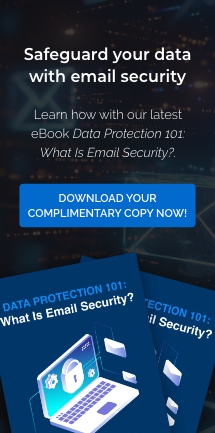If you don’t have an unlimited data plan for your Android device, unchecked download habits will result in a slower connection, poor battery life, and higher bills. Reducing your data consumption won’t affect your mobile experience if you stick with these important tips.
Delete data-draining apps
Apps that keep your phone running at its capacity cause serious problems for Android users. These app result in accelerated hardware deterioration, inefficient battery use, and unnecessary data consumption. Facebook is a prime example of this and can be reigned in by accessing it via a web browser or a ‘Lite’ version of the app.
Consider deleting any app that sucks up too much data. To find out what’s consuming the most data on your Android, go to Settings, then Data usage. From there you can see which apps are consuming the most data and delete the worst offenders.
Restrict background data
One of the biggest culprits for unnecessary data consumption is ‘background data’. This pesky Android feature allows apps to keep downloading information when the app isn’t open or the phone is locked. To prevent this from happening, return to the Data usage menu and look for Restrict Background Data.
Beware of auto-updates
It’s usually better to wait for a WiFi connection before updating your apps unless there’s a security issue involved. You may not even realize updates are happening if you have the auto-update setting enabled. Turn it off by opening the Google Play Store, clicking the three horizontal lines in the upper left corner, tapping Settings, then Auto-Update Apps, and choosing Auto-update Apps over Wi-Fi Only.
Avoid streaming music
Sometimes you need YouTube or Spotify for business reasons, or just to stay sane, but most of the time streaming media can be cut down. In fact, some apps don’t put a cap on media resolution, so you could be wasting data on ultra high-quality audio that’s barely any better than a lower resolution version. Look for settings to restrict these downloads, or for ways to download media over WiFi for later offline use.
Take your apps offline
Some apps even include an option to access them offline and without consuming data. For example, Google Docs lets you choose which documents you’d like access to while disconnected from the Internet. Make it a habit to check for offline access options and enable them whenever possible.
These are some quick and easy tips for IT novices, but if you’re on the hunt for expert solutions and support for Android devices, get in touch with our team today.

